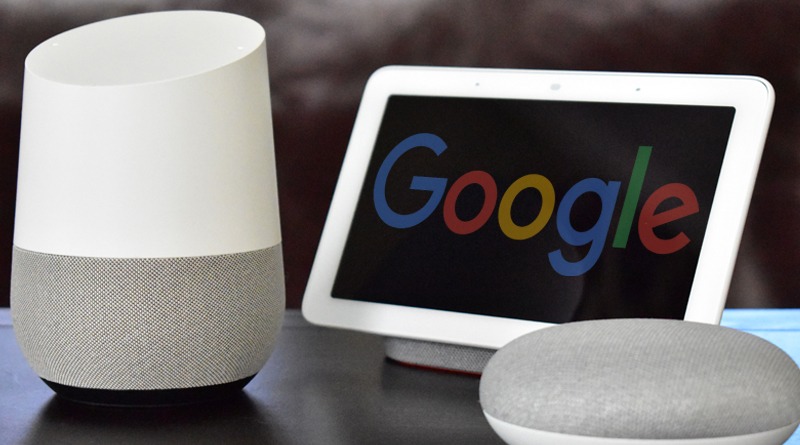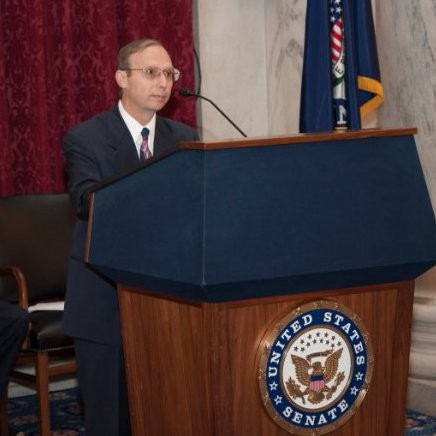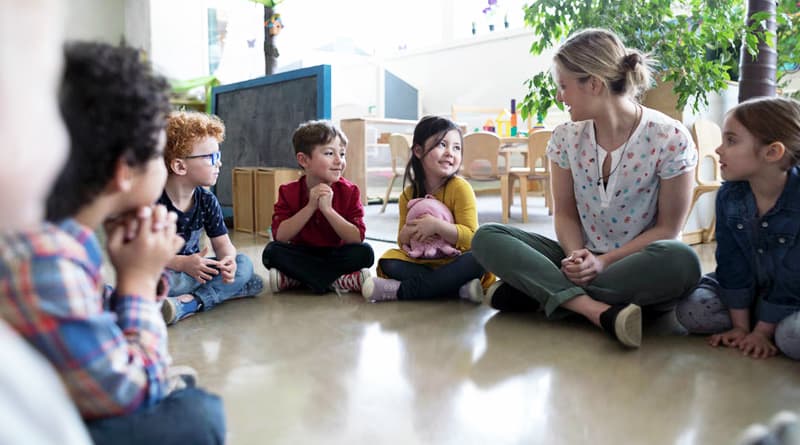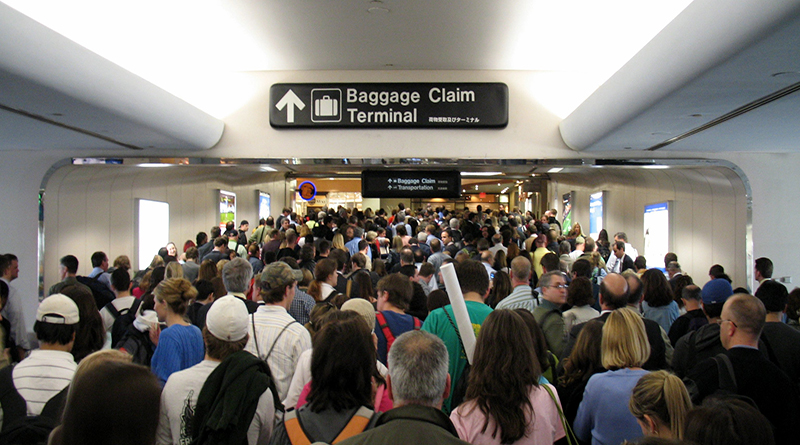
How Google Could Help People Living with Dementia
By Michael Ellenbogen
Dementia and the Google Home Mini
My daughter bought me a Google Home Mini for Chanukah last year. As someone who lives with dementia, and who used do to be a leader in the IT field, I always thought one could be helpful to me and many folks with disabilities.
I quickly realized I was wrong. While the tool is great, it is not geared to people like me who have issues with speaking. I have trouble speaking and I hesitate in getting the words out, and the minute you pause it thinks you have stopped talking and no longer works. Or, it thinks that was the end to your question and usually comes back with the wrong information or says it does not understand. It is very frustrating because it does not give me the time needed to talk.
When I am able to get a complete question out in time, when it replies it speaks too fast and because of that I have trouble processing the information, and it does not register in my mind. It is very sad because I believe this tool could help so many with all types of disabilities, but I am sure they never include people like me in the process of designing it.
What can it do?
Despite these issues, there are of course many things it CAN do. You can ask it any questions you need to know — what is the temperature out? When will it snow? Have it play any kind of music or news radio station you like, or just a certain kind of music. You can ask for information, the answer to a question you have, or learn the latest news. Set reminders for you or even set cooking timers or other types of timers. Set it up with your computer to let keep track of your Outlook meetings, Google calendar, or deadlines you have. You can have it send text to someone. If you have more than one you can broadcast to the others. It can even tell you jokes if you want. If multiple people use it, it can be set up to recognize who they are. If it is too low in volume say louder or lower to make it softer. These are great tools and they will only get better, but they should also be designed for people with disabilities — as they probably need them the most.
Improvements for the Neurodivergent
As a person who has an IT background, I know the changes that are needed are so simple — if someone would have just known about the need. I can truly understand why they did not know, but it should also be an eye opener for why people like me should be included in the process of building new technology. If it could do the things I have in mind they would probably sell so many more, and disability organizations would probably even recommend them.
There are many things that Google Home Mini could be used for to make my life so much easier and to allow people with dementia to live at home longer with the help of such tools. While this personal assistant does not work for us, I am sure most of them if not all don’t work for people with disabilities.
The problems above can easily be corrected by having a customization screen that is geared to the individual, that offers the ability to select speed choices for speaking / delay time and a separate one for play back. Another thing that could also be included specifically is greater volume control when I address the unit. It could also be set up to help with additional feedback if I get something wrong.
I like to play the same radio station daily but I either forget the name of it or get it wrong. It should remember items you had previously used and, if its similar, to ask if that is what you want or just play it. That would simplify my life so much more. Instead, I get very frustrated as I can’t remember it and need to look it up on the computer. Some other simple tasks may include allowing me to tell it when I last took a drug and I could ask it when I last took it.
Improving Accessibility
This is just the tip of things, and I do welcome the opportunity to work with any organization that will try to improve the lives of those living with disabilities. After all we should have the same rights as others to be able to use these types of products.
I do hope this was just a simple oversight and the changes can be made quickly because for people like me this could be life and death issues.
Image credits: By Y2kcrazyjoker4 – Own work, CC BY-SA 4.0, commons.wikimedia.org

From Michael’s LinkedIn: “I am a writer. I am a husband. I am a father. I was a high level manager. In 2008, I was diagnosed with Alzheimer’s disease after struggling to get a diagnosis since my first symptoms at age 39. As one of the more than 5 million people living with this debilitating disease, I currently live every day to make a difference. In fact, I am now an advocate for the education and eradication of this disease.
Many people think Alzheimer’s disease affects our senior generation, but they are so wrong. I started having symptoms at age 39. They refer to people like me as having Young Onset Alzheimer’s Disease, or YOAD. Not many people are even aware of YOAD. My wife, who is in the medical field, was not even aware of this. The only people who seem to know about it are the caregivers and the people affected, who will most likely pass away within 8 – 10 years.
As of today, there is NO cure or any way to slow its progression. Even worse, this disease will bankrupt our health system if we do not act now. Dementia care costs 1% of the world’s gross domestic product (GDP).
Every 3 seconds someone, somewhere will start developing dementia. They will never see the children get married or hold their grandchildren. It could be you or someone in your family. ☀️You must act today. This is the worst way to die and we all have a social responsibility to do something about it. ☀️
Over 20 years of proven experience in the telecommunication industry in the roles of Network Operations Manager, Help Desk Manager, Project Manager, Analyst, and Technician. Designed, built, and managed world class mission critical Data Center and Network Operations Center. Analytical and proactive thinker experienced in customer service, change management, procurement, and disaster response, as well as security and environmental maintenance.”




